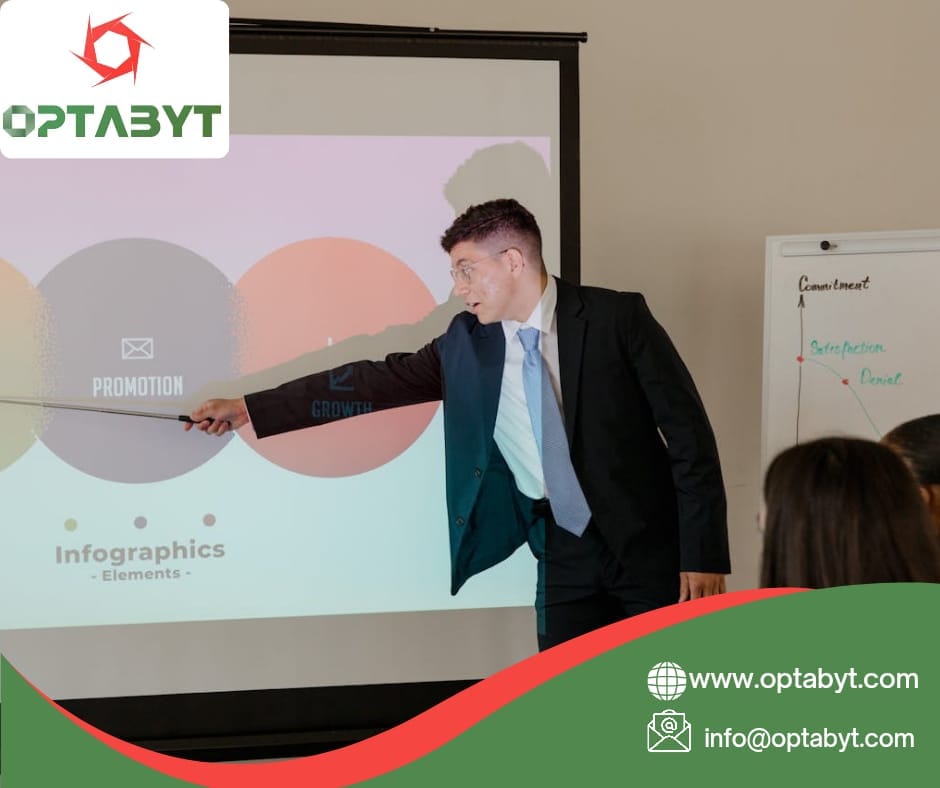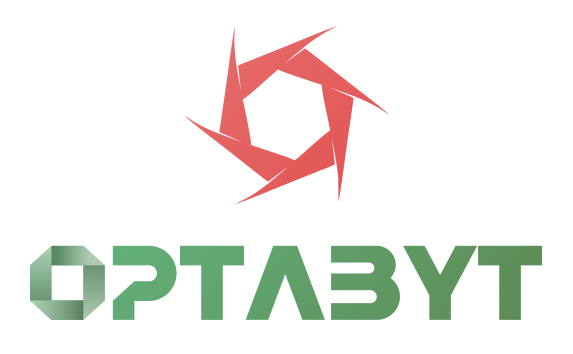
Table of Contents
ToggleAndroid App Development Services: Build Smarter Apps for the Future (2025)
Table of Contents
Android App Development Services: Build Smarter Apps for the Future (2025)
Introduction
In the fast-evolving digital world, mobile apps have become the driving force behind customer engagement and business growth. With Android dominating over 70% of the global smartphone market, investing in Android app development services is no longer optional — it’s essential. From startups to enterprises, businesses in 2025 are focusing on building scalable, fast, and user-centric apps that deliver seamless experiences.
Professional Android app developers use the latest technologies like Kotlin, Jetpack Compose, and Firebase to design high-performing apps that attract, engage, and retain users. This article explores everything you need to know about Android app development, from SEO optimization and UX to the latest trends and tools shaping the industry.
Understand Search Intent
Types of Search Intent
When users search for Android app development services, they typically fall into one of these categories:
Informational Intent: Learning how Android apps are built or updated.
Navigational Intent: Searching for a specific Android app development company.
Transactional Intent: Looking to hire developers or request a quote.
Commercial Intent: Comparing app development tools or pricing.
Understanding and aligning with these search intents helps optimize content, improve engagement, and increase conversion rates.
Comprehensive Keyword Research
Effective SEO begins with strong keyword research.
Focus on Topic Clusters
Group your keywords into related themes such as:
Android app design and UI/UX
Cross-platform compatibility
App store optimization (ASO)
App maintenance and testing
Identify LSI Keywords
Include semantically related terms like Android developers, Kotlin apps, Play Store optimization, app deployment, and Firebase backend.
Target Long-Tail Keywords
These attract high-quality traffic, such as:
“Best Android app development services in Canada”
“Custom Android app development for startups”
“Affordable Android app development agencies 2025”
Create Entity-Based Content
Search engines like Google now understand context through entities — not just keywords.
Key Named Entities
Include relevant terms like Google, Kotlin, Firebase, Jetpack Compose, and Android Studio.
Entity Relationships
Show how tools and concepts connect — for example, linking Firebase (backend) with Jetpack Compose (UI) or Android Studio (IDE).
This builds semantic relevance and strengthens your content authority.
On-Page Optimization
On-page SEO ensures that your content performs well for both users and search engines.
Best Practices
Use H1 for the title and H2/H3 for subtopics.
Optimize meta titles and descriptions with target keywords.
Add ALT text to all images using natural phrases.
Integrate internal links to related services like Mobile UI/UX Design and App Testing Solutions.
Add external links to trusted tech sources like Google Developers or Android Authority.
Use of Synonyms & Variations
Alternate between phrases such as Android app developers, Android application creators, and mobile development experts for semantic diversity.
Content Optimization for Context
A well-structured and updated article signals quality and relevance.
Keep your content between 1500–3000 words for depth.
Refresh outdated information with the latest Android OS updates.
Add infographics, screenshots, and videos for engagement.
Maintain interlinking between blog posts for topic authority.
Update regularly for content freshness — a ranking factor in 2025.
Natural Language Processing (NLP)
NLP helps optimize your content for conversational and voice-based searches.
Featured Snippets Optimization
Answer direct questions like:
“What is Android app development?” or “How much does Android app development cost?”
Keep answers short (50–60 words) to target featured snippets.
Question-Based Subheadings
Use headings such as:
How does Android app development help businesses grow?
Why choose Kotlin for Android app development?
Conversational Tone
Write naturally — as if answering a user query on Google Assistant or Alexa.
Enhance User Experience (UX)
Key UX Principles
Mobile-First Design: Every app must perform seamlessly on various devices.
Speed & Performance: Use caching, compression, and clean code for faster load times.
Navigation: Simple menus and clear CTAs lead to better engagement.
Accessibility: Make apps usable for all audiences.
Aesthetics: Consistent branding with appealing visuals boosts trust.
Voice Search Optimization
Voice search is rapidly growing with smart devices.
How to Optimize
Use natural language queries like “Find Android app development near me.”
Add FAQs with conversational phrasing.
Focus on long-tail keywords for better voice match accuracy.
Technical Aspects of Android App Development
| Technology/Tool | Purpose |
|---|---|
| Android Studio | Official IDE for app development |
| Kotlin/Java | Programming languages |
| Jetpack Compose | Modern UI toolkit |
| Firebase | Cloud integration & analytics |
| Retrofit | API communication |
| Room | Local database handling |
| Gradle | Build automation system |
Using these technologies ensures high performance, scalability, and security in modern apps.
Monitor & Adapt
SEO and app development are ongoing processes.
Use Google Analytics and Search Console to track traffic and rankings.
Analyze SERP features and adjust your strategy.
Conduct performance audits to fix speed or UX issues.
Keep updating after every Google Core Update.
Benefits of Android App Development Services
Wider Audience Reach: Android dominates mobile OS globally.
Cost-Effective Solutions: Open-source tools reduce expenses.
Customizability: Apps can be easily scaled or integrated with new features.
Faster Deployment: Quicker time to market compared to other platforms.
Stronger Security: Google Play Protect ensures app safety.
Top Trends in Android App Development (2025)
Integration of AI & ML for personalization.
Adoption of 5G technology for faster app experiences.
Growth in cross-platform development (Flutter, React Native).
Expansion of IoT-connected apps.
Blockchain integration for secure data exchange.
FAQs About Android App Development Services
1. What are Android app development services?
They involve designing, building, and maintaining applications for Android devices.
2. Why should businesses invest in Android apps?
Because Android covers the largest global user base, offering massive outreach potential.
3. What tools are used in Android development?
Android Studio, Kotlin, Firebase, Jetpack Compose, and Retrofit are key tools.
4. How much do Android app development services cost?
Prices range from $5,000–$50,000+ depending on project size and features.
5. How long does it take to develop an app?
Typically 3–6 months, depending on complexity.
6. Can apps be made cross-platform?
Yes, frameworks like Flutter and React Native make it possible.
7. How do I choose the right Android app development company?
Check their portfolio, reviews, expertise, and post-launch support.
8. Is app maintenance necessary?
Yes, regular updates ensure performance, security, and compatibility.
9. What is ASO (App Store Optimization)?
ASO helps improve app visibility and downloads on Google Play Store.
10. What are the future trends in Android development?
AI, AR/VR, IoT, and 5G will define the next generation of mobile apps.
Conclusion
In 2025, Android app development services are shaping the future of digital transformation. From user engagement to business automation, Android apps help brands deliver personalized experiences at scale. By combining technical expertise, modern SEO strategies, and user-focused design, businesses can achieve sustainable growth. Partnering with an experienced Android app development company like Optabyt ensures your digital journey is efficient, innovative, and future-ready.
